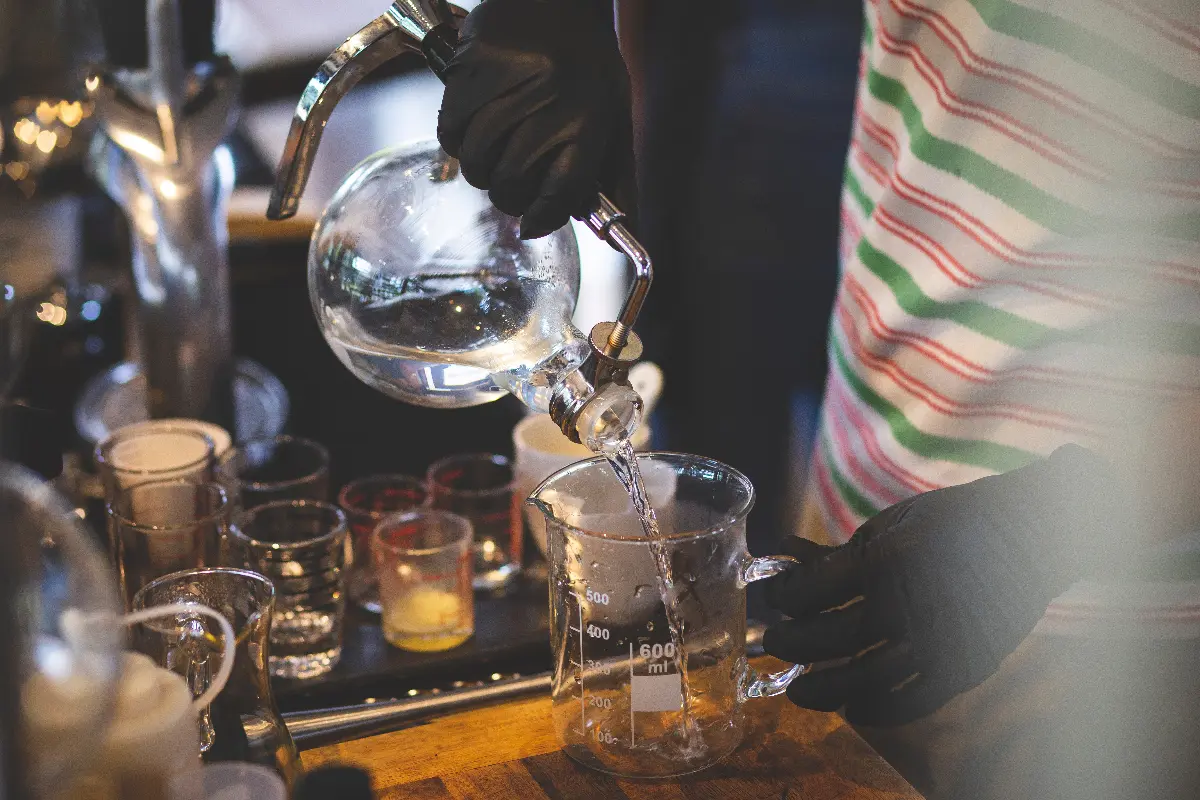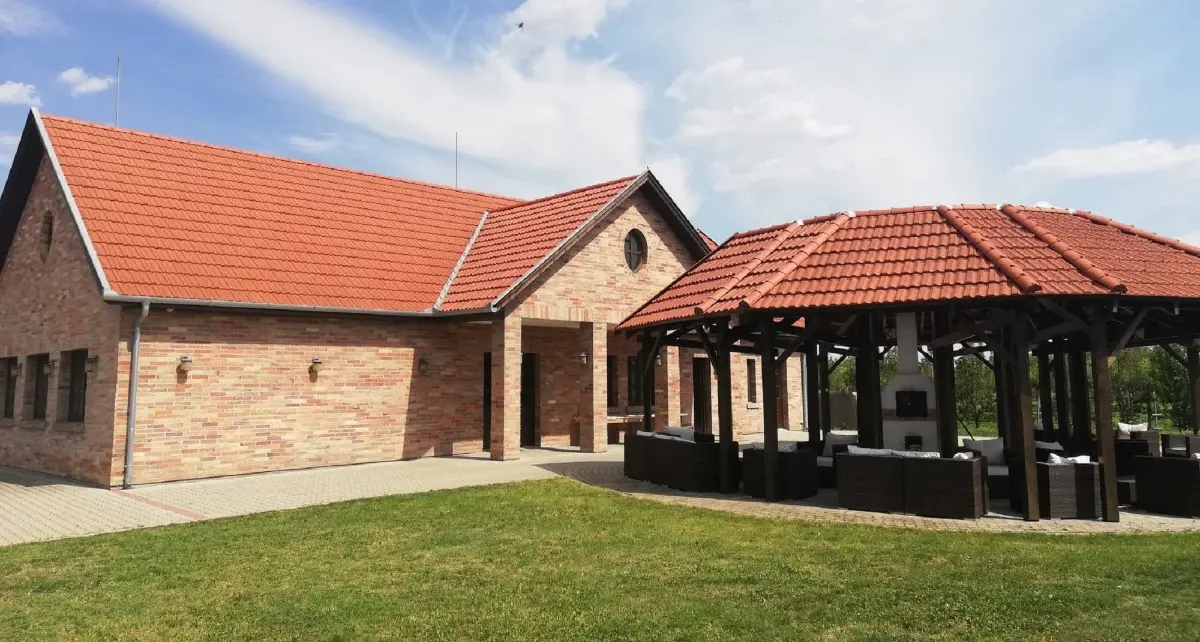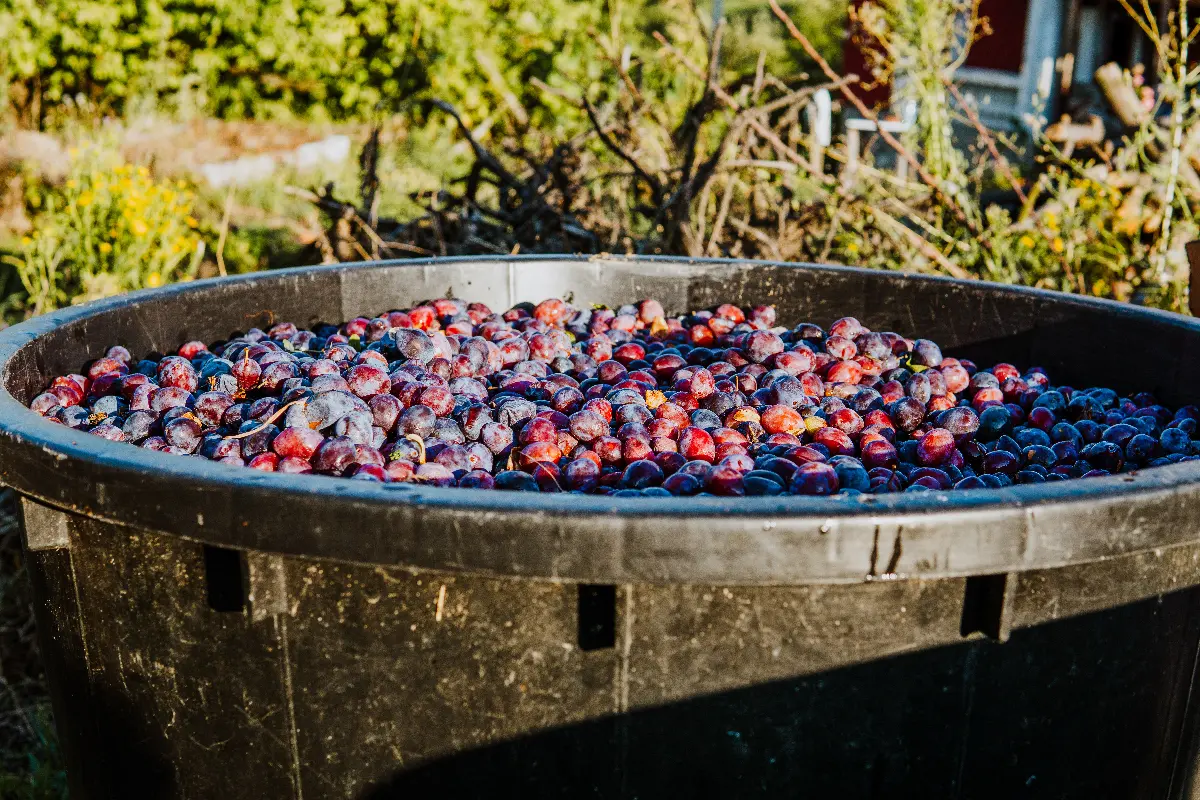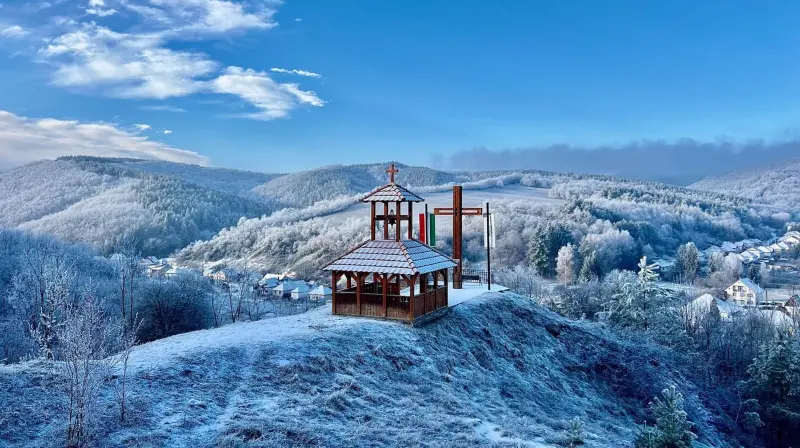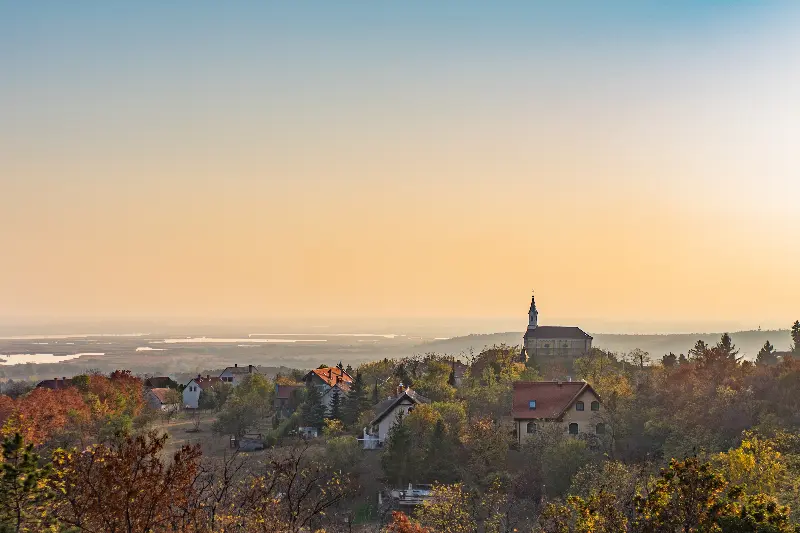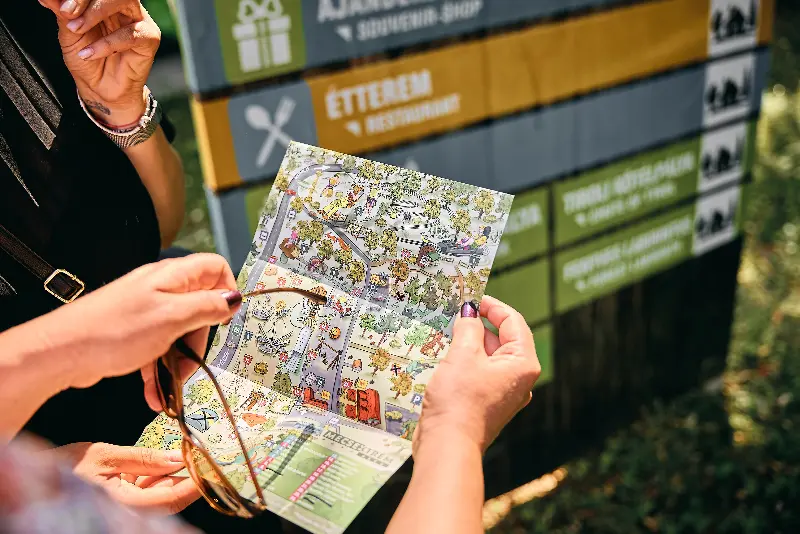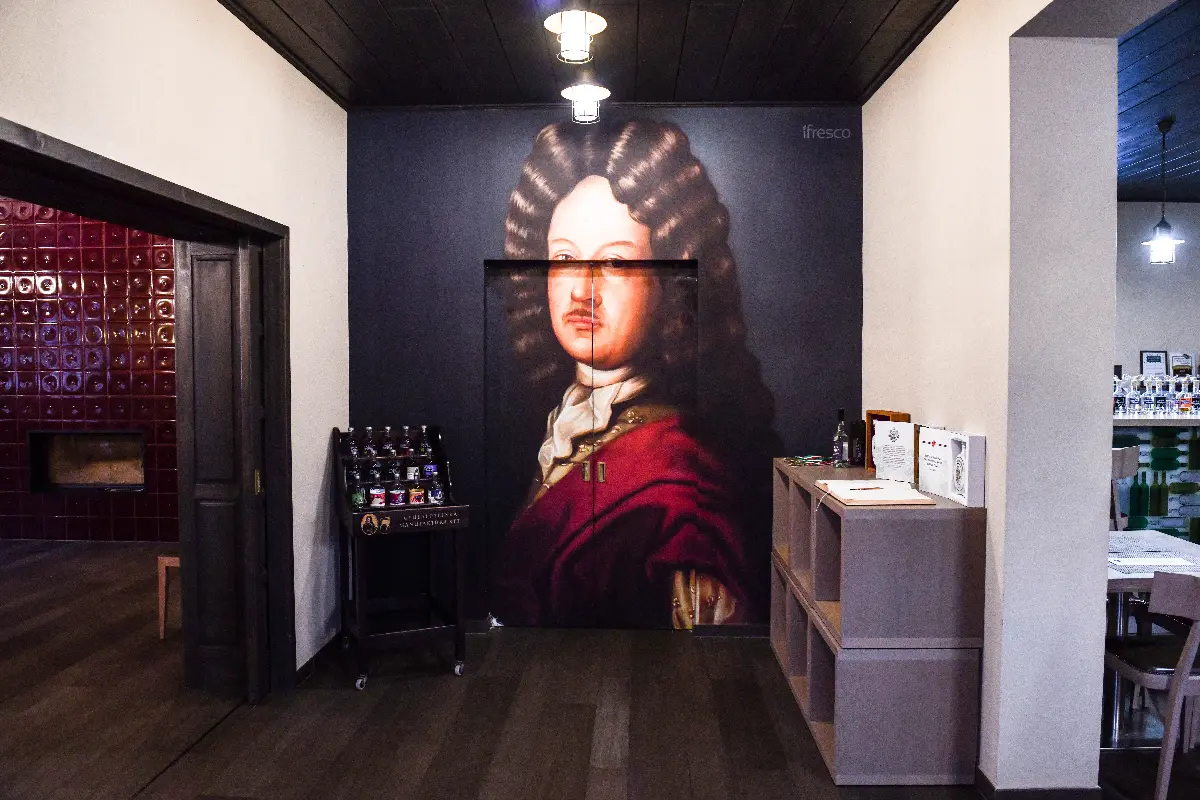
Helyszín címkék:
Adventures of pálinka (fruit brandy) in Békés county
Káldi Emese
Dim and distant past
Ákovita: people used to call the spirits, the predecessor of pálinka. The word was created from the phrase “aqua vitae”, or the “water of life” by distortion. The history of pálinka brewing goes back a long way: presumably in the 8th century, the Arabs developed distillation, in Europe, including Italy, at the end of 11th they could perform such a procedure for the first time.
The first reference to domestic spirits can be found in a book from the 17th century: from the book it turns out that at the beginning of the 14th century, King Charles Robert's wife, Queen Elizabeth, treated her gout with rosemary aqua vitae (both externally and internally). Pálinka brewing in its modern sense spread in Hungary in the 18th century: at that time our ancestors already preferred to make pálinka from plums, peaches and pears. They could do so, as the climate in the Carpathian Basin is particularly beneficial for fruit growing. But don’t think that pálinka was always a noble nectar. In the 19th century the fruit spirits named “the poor’s coffee” were not certainly always of high quality and — mainly in the countryside or among the poorest sections of society — children consumed them besides adults.
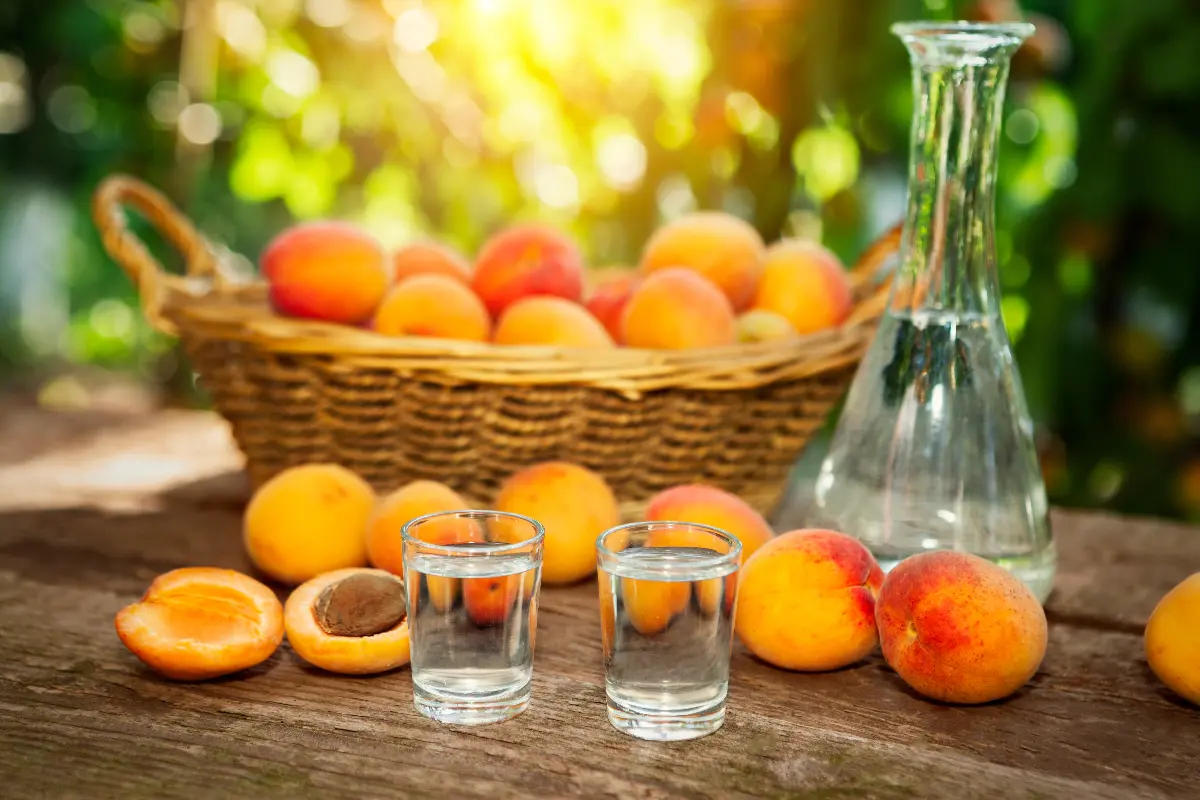
Taste experience nowadays
It’s nice to get a win here, and pálinka did it in the early 2000s. Today, strict regulations govern what can be called pálinka at all. Therefore, anyone who orders pálinka in a restaurant or buys it in a store can be sure that they will get a drink that contains the very best of the fruit.
We can also ascertain this in Gyula by visiting Gyulai Pálinka Manufactory on the outskirts of the city. In the beautifully designed tasting house, Attila Fabulya pálinka sommelier (sure, there is one!) and a certified pálinka critic speaks with enthusiasm and expertise about their distillates cooked from fruits of the 17-hectare area belonging to the manufacture and wild plants of the area and we forget our prejudice at once. The manufactory also welcomes individuals and groups, and after visiting the orchard as well as the modern brewery, the guests can get acquainted with the thirty-five varieties of nectar produced here in the tasting house. Meanwhile, the host guides them through the three-hundred-yea-old history of pálinka brewing in Gyula. At the former county seat, Baron John Harruckern introduced this activity - the same nobleman whose beautiful castle can be seen in the city centre, next to the Castle Bath.
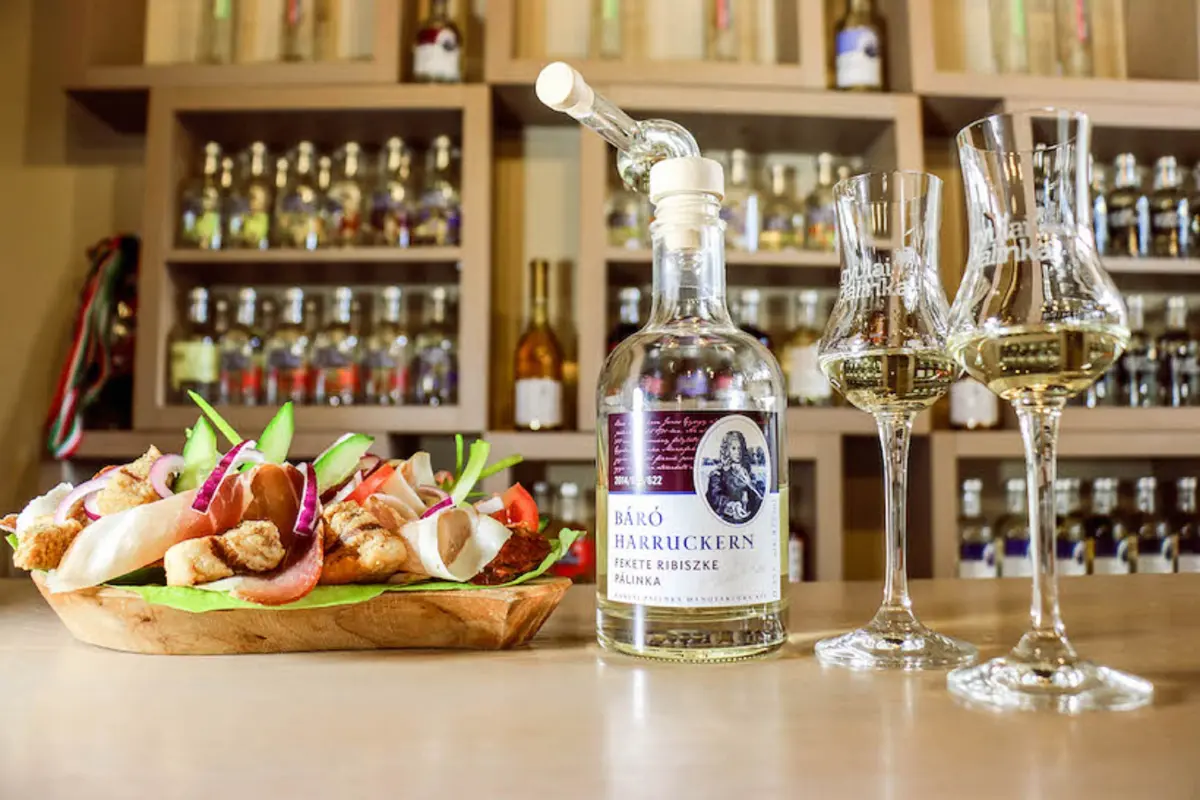
Another pálinka adventure awaits the traveller barely twenty-five kilometres from Gyula. In Békés, the Pálinka Distillery of Békés established its pálinka house in the former synagogue. In the basement of the beautifully renovated building, a pálinka vault has taken place, there is a mini-brewery for rent on the ground floor, where locals carry the mash to cook, while upstairs, 88 types of distillates draw attention in the bottles with small taps lined up next to the wall. There are all kinds of flavours here, from walnuts through wild cherries to peaches, and of course the famous plums of Békés cannot be absent from the offer either: that pálinka can be sold only by this name which is made from fruit grown within a thirty-kilometre radius of the small town with twenty thousand inhabitants.
We have to drive from Békés for about a quarter of an hour to get to Békéscsaba, including Kisrét farm. Here one of the most famous distilleries in the region, Árpád can be found today, where you can taste the company's award-winning Red Williams and Lepotica plums, but specialties such as mandarin or ginger distillate as well. One of the strengths of the family business is the friendly atmosphere: the visitor is introduced to the mysteries of pálinka making and they are also told which pálinka is suitable for which foods. Whether we take part in a tasting here or in the Gyula manufactory, we will surely realize something: this hungaricum is a much more complex and noble drink than we thought!
